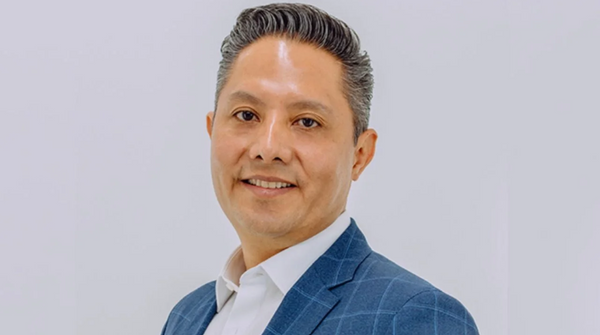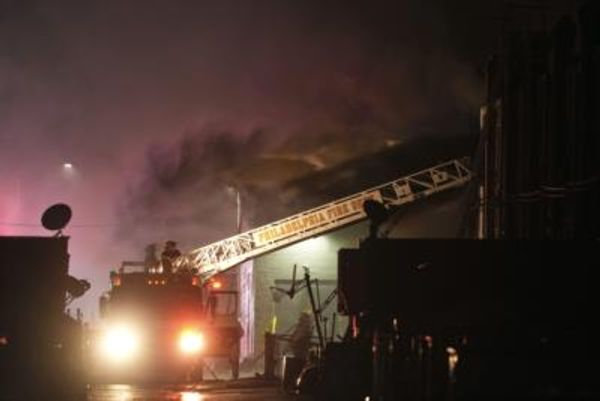The final proposal for an Indigenous Voice to Parliament has been released by the federal government, establishing two levels of advisory bodies to weigh in on legislation and policies affecting Aboriginal and Torres Strait Islander people.
Following years of lobbying for community representation at federal level and an 18-month long consultation process, the government has put forward its model to be legislated possibly as early as next year.
According to the final report, the National Voice will ensure Aboriginal and Torres Strait Islander peoples have a direct say on any national laws, policies and programs affecting them.
The system will be comprised of "Local and Regional Voices" and an overarching "National Voice" that would provide advice to both the Australian federal parliament and government.
Thirty-five regions across the country will decide on the best process of selecting representatives, including the number of members in the local and regional bodies.
A small national body will form the National Voice: A 24-member model that will be determined by the respective regional bodies with two members from each state and territory, as well as the Torres Strait Islands.
There would also be a third member for remote representation for NSW, NT, QLD, WA and SA, and one member for mainland Torres Strait Islander people.
The model sets out an obligation for the federal government and parliament to consult the National Voice on proposed laws that "overwhelmingly" relate to Aboriginal and Torres Strait Islander people.
However, there would only be an expectation for consultation where it is deemed the proposed laws would "significantly" impact Indigenous peoples.
The distinction is part of consultation standards which determine when the Australian Parliament and government will be required to engage with the National Voice.
The scope ranges from an obligation to consult — including amendments to Native Title laws or changes affecting the Aboriginal Heritage Act — to an expectation to consult in matters such as domestic violence measures.
Labor gives it a 'fail'
The final report cements the decision to legislate an Aboriginal advisory body rather than to enshrine in the constitution, as called for in the Uluru Statement from the Heart.
The senior co-design advisory group noted the support for the enshrinement of the Indigenous Voice in the Constitution particularly through the submissions, where 88 per cent expressly supported the move.
Prime Minister Scott Morrison could not be drawn on whether the federal government would proceed with previous commitments to legislate the body.
"We said we would work through the co-design process," the Prime Minister said.
"What I'm trying to do here is ensure that we can hear the voices of Indigenous people on the ground because I want to close the gap [on Indigenous disadvantage].
"This is not some political exercise."
But Labor MP and Wiradjuri woman Linda Burney said she was disappointed in the decision to legislate the body.
"I would mark it as a fail," she said.
"They want a constitutionally enshrined voice in parliament, a Makarata commission for treaty and [an] agreement making an national process of truth-telling.
"[But] none of those things have been delivered
"This does not provide the certainty that Uluru asked for"
Earlier this year Labor promised if it was elected to government it would enact the Uluru Statement in full, including a move to a referendum to enshrine a Voice to Parliament.
Advocate for the Uluru Statement from the Heart and Larrakia man Thomas Mayor said the final report showed promise for a referendum.
"It's a great step towards a referendum — a referendum that we can win."







